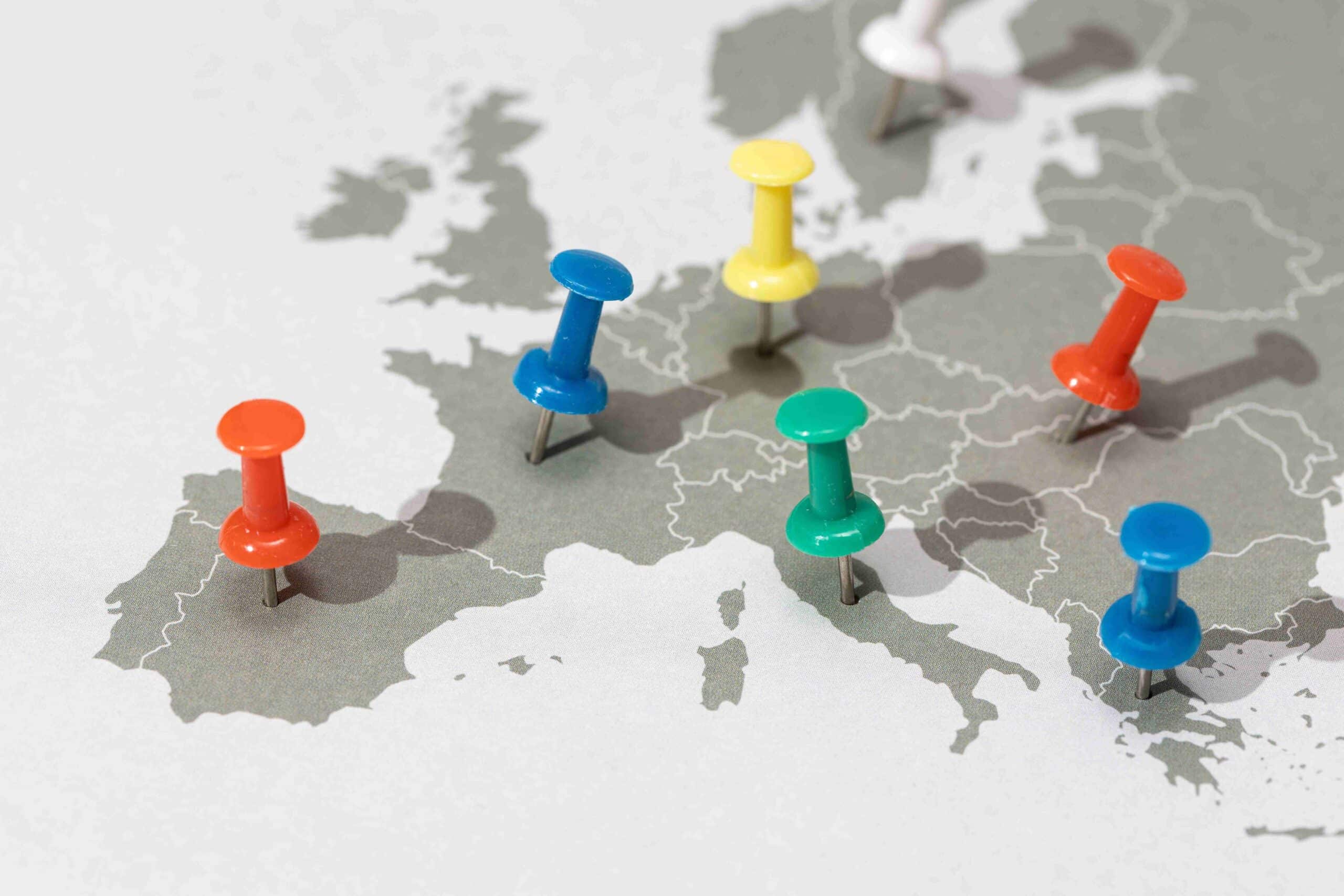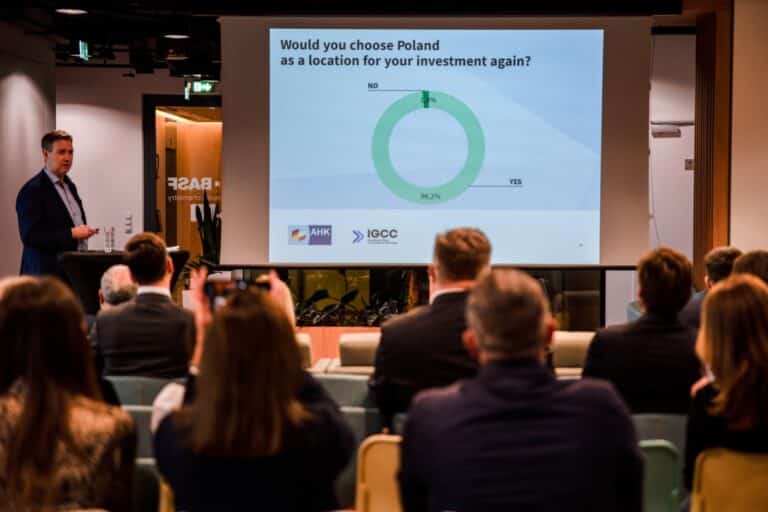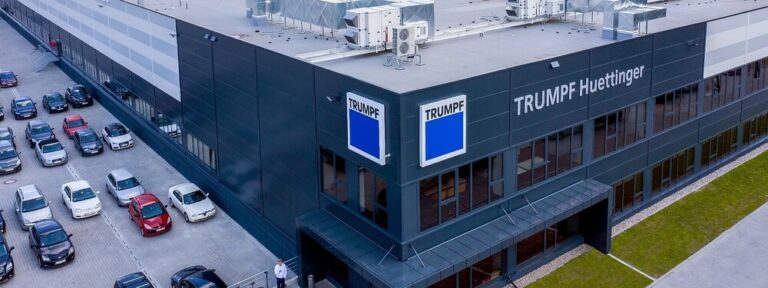Europe’s Economic Strength
Europe urgently needs to strengthen its economy and address its growing competitiveness gap to remain an anchor of peace, prosperity, and stability in a world marked by rising geopolitical tensions.
The Polish Presidency of the European Union will coincide with the entry into power of a new European Commission, presenting a unique opportunity to reset EU policies in light of the evolving global economic and political landscape. Building on the Draghi and Letta reports advocating enhanced investment and growth, this reset aims to adapt EU strategies to these new realities.
This is the message from the Presidents of BusinessEurope and its member federations, gathered in Warsaw at the invitation of the Polish Confederation Lewiatan, one month before the start of Poland’s Presidency of the European Union.
BusinessEurope also reiterates its strong support for Ukraine, its people, and their European ambitions. The European Union must ensure that emergency support continues to flow, infrastructure and businesses remain operational, and reconstruction efforts accelerate. A robust European economy is essential to sustaining this support as long as necessary.
BusinessEurope’s ten key actions for the Polish EU Presidency
BusinessEurope calls on EU institutions to implement ten priorities during the Polish Presidency.
Security and Defence: Foster conditions for security, crisis preparedness, and increased production capacity in European defence industries to meet both European and Ukrainian needs. This includes addressing single-market fragmentation in defence, ensuring sustainable finance rules support defence financing, and enabling flexibility in EU financial instruments.
New Clean Industrial Deal: Ensure the Clean Industrial Deal supports European industry competitiveness while achieving Green Deal objectives. Priorities include reducing regulatory burdens, speeding up permitting, lowering energy costs, addressing labor shortages, encouraging innovation, and diversifying export and import markets.
Energy and Climate: Introduce measures to mitigate carbon and energy cost gaps, expand industries covered by carbon leakage protections, reduce exposure to high energy prices, and refine the CBAM framework. Should CBAM fail to prevent carbon leakage, reconsider the phase-out of free allowances to protect competitiveness.
Single Market: Develop an ambitious Single Market strategy by mid-2025 to remove barriers to free movement while enhancing rule enforcement. Strengthen Schengen by lifting border checks between Bulgaria, Romania, and other Schengen countries as soon as conditions are met.
Less and Better Regulation: Set a regulatory burden reduction target, cut reporting requirements by 25%, and ensure compliance measures are the least burdensome. Conduct quality impact assessments on all legislation, considering cumulative effects and specific territorial contexts.
Open and Secure International Trade: Implement a robust trade diversification strategy using tools like trade agreements and critical raw material arrangements. Finalize deals with Mercosur and Mexico, and foster a positive trade agenda with the US while engaging China strategically. Strengthen EU-UK cooperation in the new political cycle.
Social Policy: Address labor shortages and skills mismatches by improving labor mobility and enabling social dialogue. Move away from regulatory approaches toward an economic and social partnership model, respecting the principle of subsidiarity.
Innovation and Digitalization: Support research and innovation while implementing new digital rules effectively. Provide clear guidance on regulations like the AI Act to facilitate innovation and compliance.
Investment: Modernize the MFF and complete Banking and Capital Markets Unions to ensure European companies have better access to finance. Address increased investment needs linked to competitiveness, green and digital transitions, Ukraine support, security, and EU enlargement without raising costs for businesses.
Enlargement: Support candidate countries in meeting EU standards through a merit-based accession process. Adapt EU structures to ensure enlargement enhances European competitiveness, growth, and prosperity.







